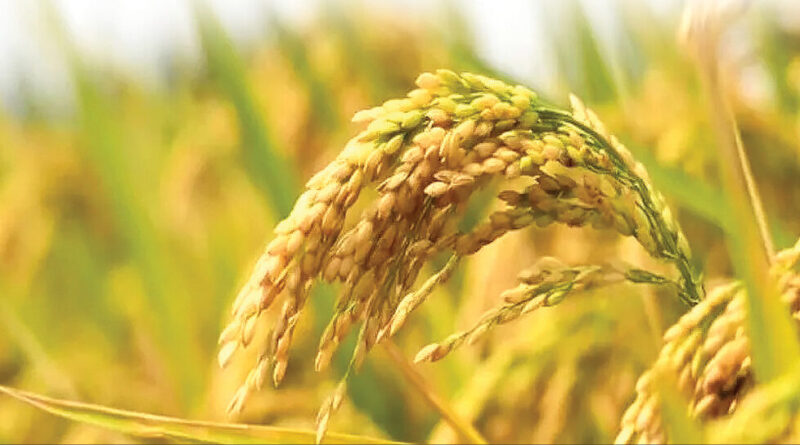Protecting Basmati Rice: Punjab Bans 10 Insecticides with High Residue Levels
The Department of Agriculture and Farmers’ Welfare of Punjab issued a notification on Friday announcing a ban on the sale, distribution, and use of specific insecticides in the state. The decision, which will come into effect on 15th July 2024, aims to protect the interests of Basmati rice growers and ensure the production of high-quality rice with no pesticide residues.
The ban comes as a result of concerns regarding the presence of higher pesticide residues than the Maximum Residual Level (MRL) set by competent authorities in Basmati rice grains. The State Government has recognized the potential risks associated with the use of certain agrochemicals and their impact on the quality of the rice crop.
In response to these concerns, the Punjab Agricultural University (PAU) in Ludhiana has recommended alternative agrochemicals for pest control in Basmati rice cultivation. These alternatives, which have lower residue effects, offer a safer and more sustainable approach to pest management.
The Punjab Rice Millers and Exporters Association has also reported that many samples tested by them have shown pesticide residue values exceeding the Maximum Residual Level in Basmati Rice. The association, in an effort to protect Punjab’s heritage Basmati produce and ensure unhindered export of Basmati rice to other countries, has requested a ban on these agrochemicals. The association’s concerns highlight the need for stringent measures to maintain the quality standards required for international trade. Farmers are encouraged to explore and adopt the available alternative insecticides that have lower residue effects.
The banned insecticides include Acephate, Buprofezin, Chlorpyrifos, Hexaconazole, Propiconazole, Thiamethoxam, Profenofos, Imidacloprid, Carbendazim, and Tricyclazole. The State Government, in compliance with the Insecticides Act, 1968 (Central Act 46 of 1968), and with all other powers enabling it in this regard, has decided to prohibit the sale, distribution, and use of all formulations of these insecticides in Punjab for sixty days.
To implement this notification, every dealer will be given a written note. If any farmer asks for any of the listed insecticides to be sprayed on paddy/basmati, the dealers will guide/warn those farmers not to use these insecticides and suggest other alternatives. The state government will also check various delivery points and record the sale of these 10 insecticides.
As the ban takes effect on 15th July 2024, Basmati rice growers, agricultural stakeholders, and relevant authorities are urged to familiarize themselves with the notification and make the necessary adjustments to their farming practices.
The agrochemical associations are working to counter the released notification of the state government. The associations are concerned that the order will affect the sale of insecticides on other crops. These insecticides are essential for many crops grown in the state where the alternatives may not have a label claim or may not be as effective as the primary insecticide suggested for use.
This article has been republished from The Krishak Jagat.

